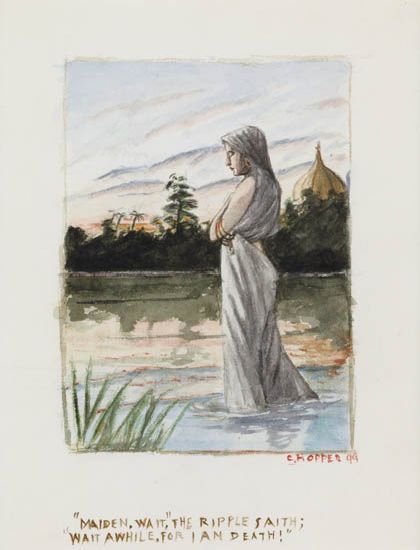Sale 2294 - Lot 8
Unsold
Estimate: $ 30,000 - $ 50,000


Aliquam vulputate ornare congue. Vestibulum maximus, libero in placerat faucibus, risus nisl molestie massa, ut maximus metus lectus vel lorem.